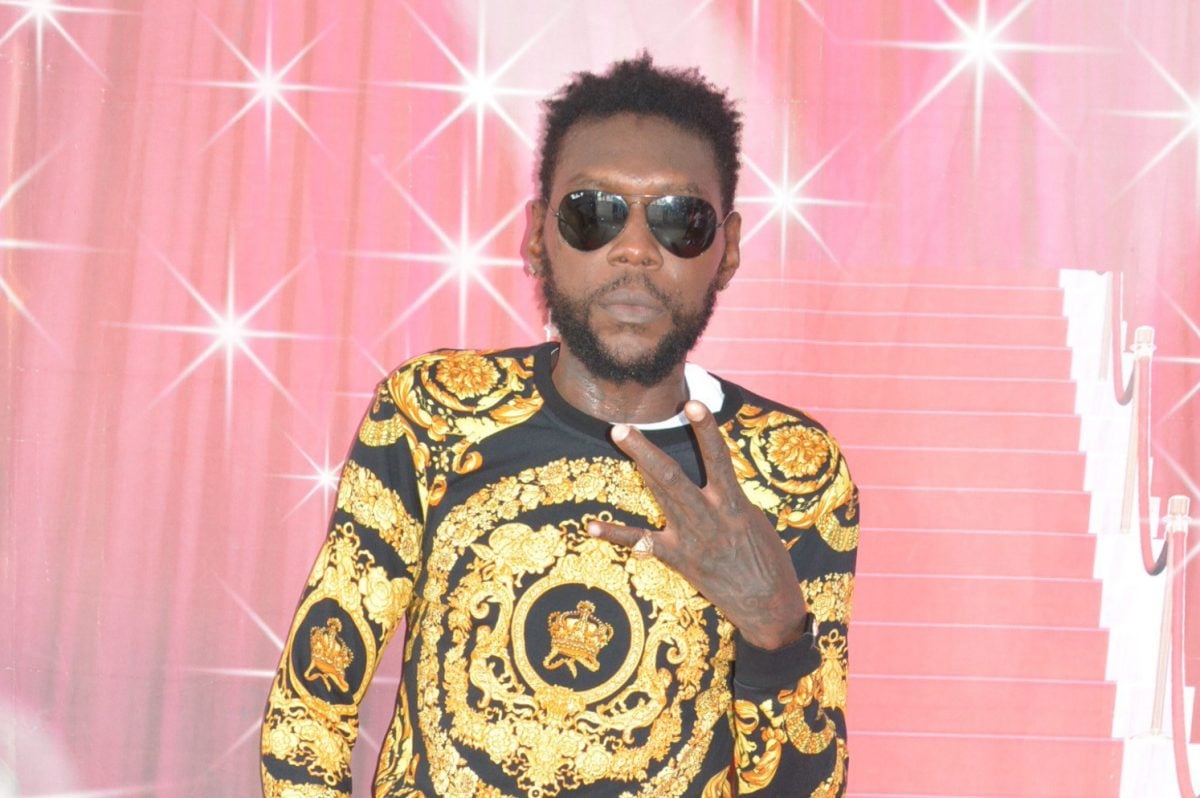Vybz Kartel To Release Second Book In January 2021

Eight years after his first book The Voice Of The Jamaican Ghetto: Incarcerated But Not Silenced was published, incarcerated Dancehall deejay Vybz Kartel, is on the cusp of releasing another publication.
The announcement of the un-named book also comes seven years after Kartel, whose marketability has been compared to that of Lady Gaga, Madonna and Jay Z, disclosed to The Gleaner in a 2013 letter, that he was also in the process of writing a follow-up book.
According to a Jamaica Observer article, the release date for what is described as a ‘book and multimedia product’ is slated for sometime in January .
Co-author of The Voice of the Jamaican Ghetto, Michael Dawson, told the newspaper that a family member of the star is the mastermind behind the upcoming production, which, unlike Kartel’s first book which was centered on the superstar’s philosophy, will focus on ‘Adidja Palmer the person’, before and after he assumed the Vybz Kartel identity.
Dawson told the Jamaica Observer that there are many rumors and prejudicial views about Kartel and come January, the truth will be told and the air cleared.
In August 2013, Kartel’s first book, The Voice Of The Jamaican Ghetto: Incarcerated But Not Silenced, was adopted into the libraries of the prestigious Princeton University in the United States, almost a year after the book’s merchandising manager Aisha Stewart, said some Jamaican stores were rejecting the book.
At the time, Stewart told The Gleaner newspaper that “of all the places globally” to which the book was distributed, Jamaican merchants were the hardest to market it to, even though their counterparts in countries like Germany, Switzerland, Japan, Bulgaria, Chile and Amsterdam were showing much interest.
Prior to Princeton’s endorsement, University of the West Indies (UWI) academic, Professor Carolyn Cooper, had also pleaded for the book to be added to Caribbean Examination Council (CXC) readings.
At the time, Cooper said the book “gave a clear insight into the deadly conditions endured by youths who are barely surviving on the fringes of Jamaican society”. However, she was roughed-up by critics who wanted the examinations body to have nothing to with Kartel’s published works.
Following the endorsement from Princeton, Dawson, said it was an honour to receive support from such a prestigious institution and noted that “uptown stores and religious book stores” had initially refused to carry the book out of ignorance, but there had been significant improvements.
He however pointed out that all major book stores, namely Sangster’s, Kingston Book Shop, LMH, Bookophilia and others, had been carrying the book all along. Dawson also revealed that he and Kartel had received several invitations to international universities to deliver lectures.
He also said he was still disappointed with the less-than-desirable reception given to the book by Jamaicans who were in fact, the intended audience, adding that despite its international validation given by Princeton, the victory was only bitter-sweet.
He also said the achievement could not be celebrated properly with Kartel still behind prison bars, as the effort was a collaborative one.
